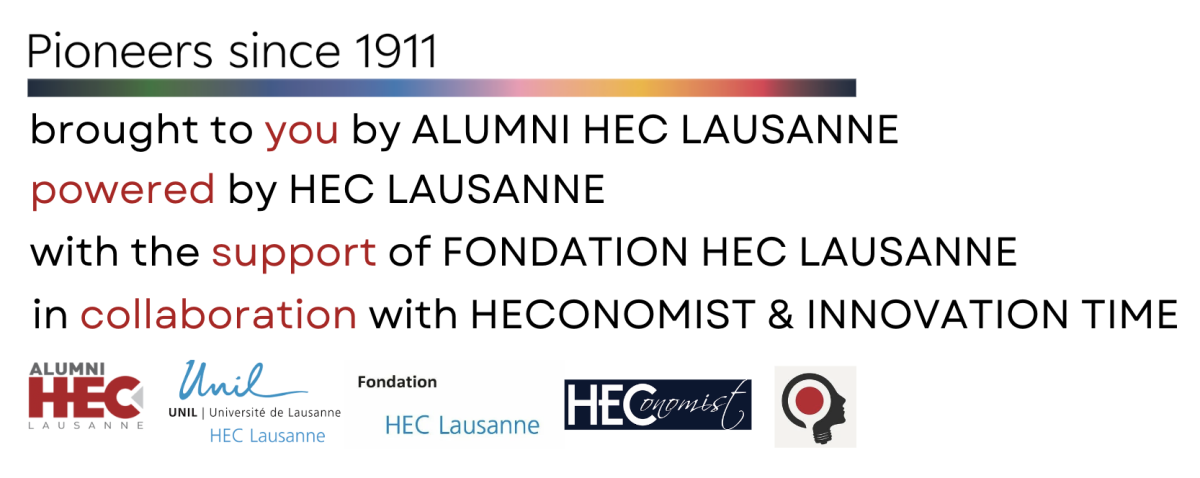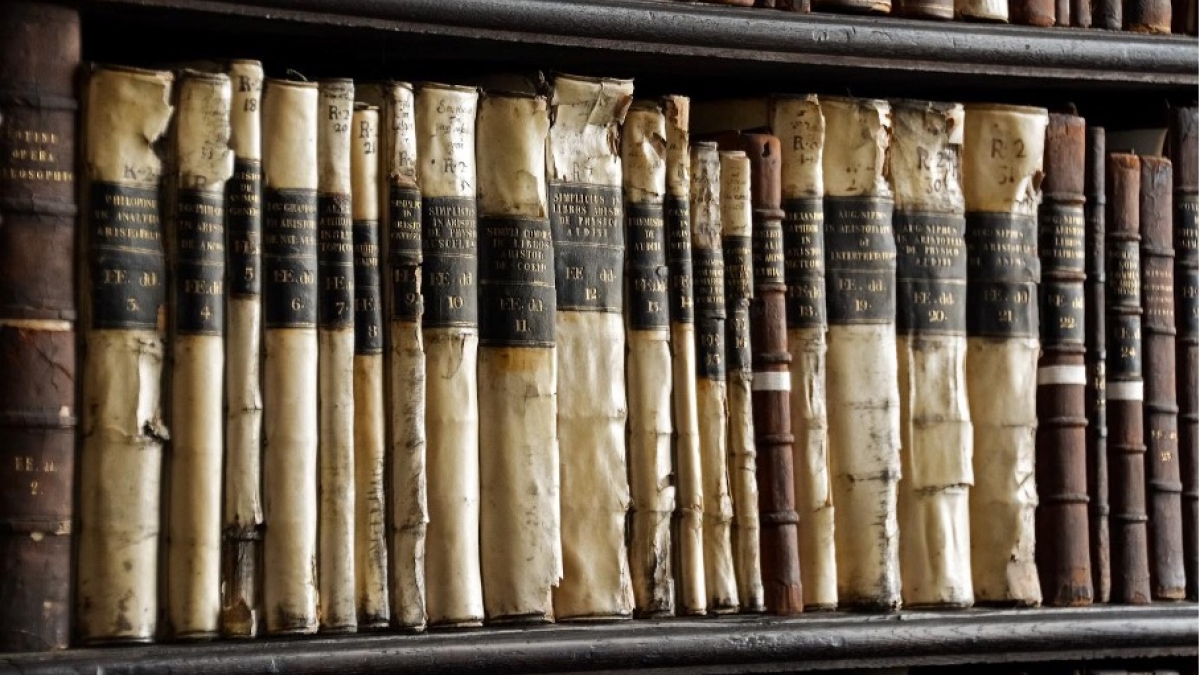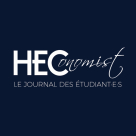18.12.2023
Special Report > Léon Walras - HEC - Taxation
The HEConomist team dives into the archives
As part of a partnership with the HEC Alumni Association and supported by the HEC Faculty and the HEC Foundation, the HEConomist editorial team is currently immersed in a collaboration aimed at exploring the archives and shedding light on the founding role of the Faculty of HEC (Business Studies) within the University of Lausanne.
Since its foundation in 1911, HEC Lausanne has established itself as a bastion of academic innovation and research excellence. As part of the University of Lausanne, it has been a pioneer in the promotion of scientific research, propelling the institution to the forefront of academic progress. Our exploration of the historical archives aims to discover the origins and foundations of this commitment to scientific research and to understand how these early beginnings forged HEC Lausanne's current reputation as an undisputed leader in higher education and research.
The aim of this series of articles is to retrace the history and evolution of this remarkable institution, highlighting the crucial role it has played in economic research since its creation. Our goal is to provide an in-depth analysis of the various chapters in this history, examining the influential personalities, innovative ideas and key moments that have shaped HEC Lausanne's reputation.
Our first dive into these archives will focus on the emblematic figure of Léon Walras. Thanks to a competition organized by the Canton of Vaud in 1860, Walras drew attention to his expertise and analytical genius in the field of taxation. The competition focused on the question of taxation and invited participants to propose tax reforms. This remarkable text would be decisive for his subsequent appointment as a professor at the University of Lausanne where he was able to share his expertise and mark the institution's history through his contributions in the fields of economics and higher education.
History recognizes the extent to which Walras' teaching and writings at the Lausanne Academy contributed to its influence.
For further information, go to the dedicated article.




